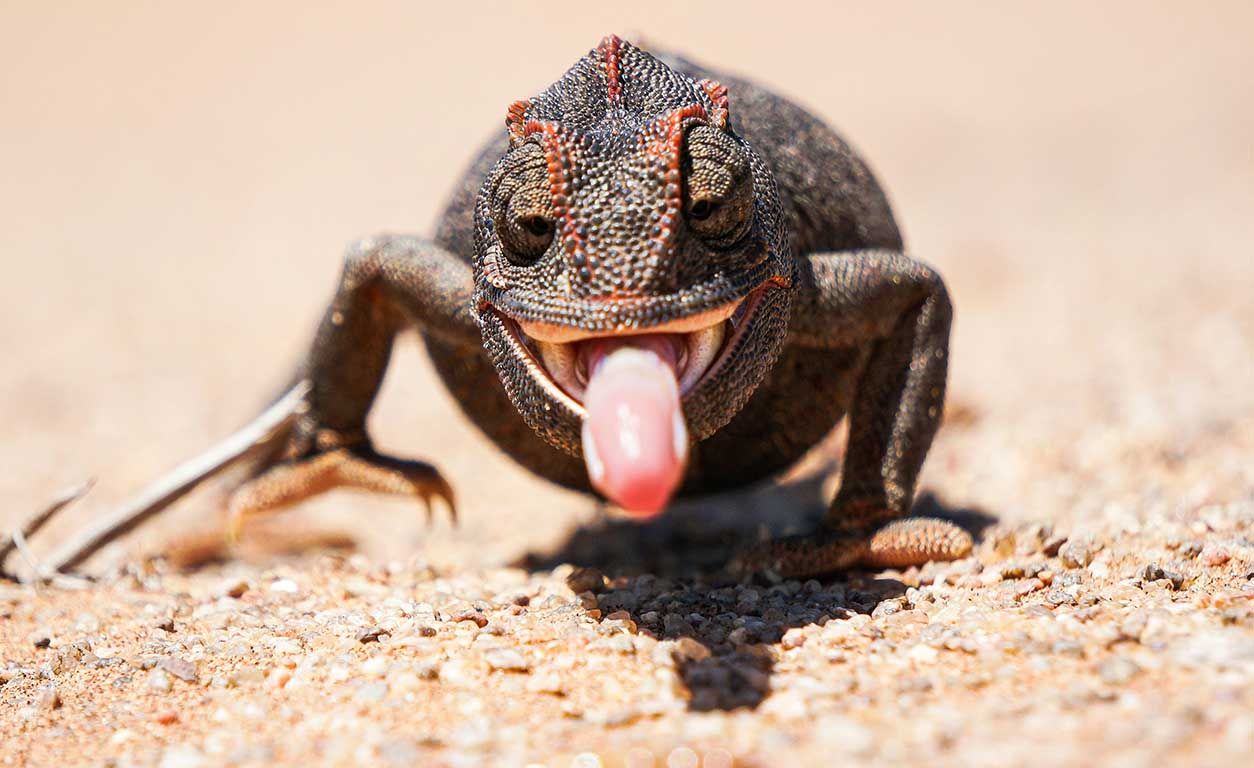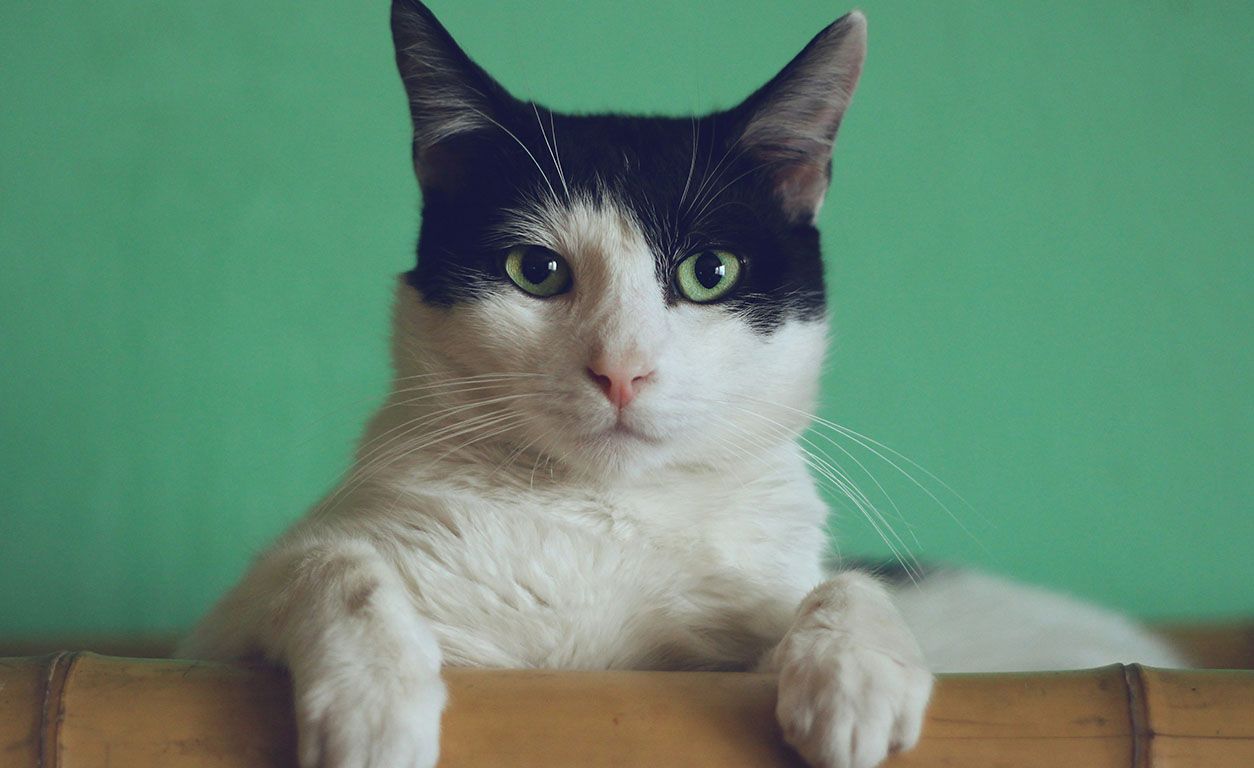Tongue twisters are tricky in any language, but German ones? They take the challenge to a whole new level. I've always loved learning new languages, but German pronunciation has been a serious test of my linguistic limits. If I'm being honest, the pronunciation has tripped me up more times than I can count.
It's like the language was designed to twist your tongue! From trying to nail the perfect "ch" and "r" sounds to tackling those impossibly long compound words, I've often felt like every other sentence is its own little tongue twister. But instead of getting frustrated, I decided to have some fun with it. That's how I stumbled upon German tongue twisters or Zungenbrecher.
These tricky phrases test your patience and turn pronunciation practice into a playful challenge. If you're like me and love a good linguistic puzzle, you're in for a treat. Let's dive into some crazy German tongue twisters that will blow your mind—and maybe even improve your German along the way!

What Is A Zungenbrecher (Tongue Twisters)?
Tongue twisters are tricky phrases that seem simple at first glance but can tie your tongue in knots when you try to say them quickly. In German, these playful phrases are called "Zungenbrecher," which literally means "tongue breakers"—and trust me, that name is spot on! But just to be 100% sure about what they are, let's define them.
Tongue twisters are phrases or sentences that are difficult to pronounce correctly and quickly. They often feature a combination of similar-sounding words, alliteration, or rapid alternations between consonant sounds that can trip up even native speakers. Tongue twisters are designed primarily to challenge and entertain by testing the speaker's articulation skills.
If you're learning German or just starting out, tongue twisters can be a powerful tool to improve your pronunciation. By practicing tongue twisters, you can work on those tricky German sounds and boost your overall fluency. Plus, they're a great way to impress your friends with your German skills!
But it's not all about learning—tongue twisters are also a big part of German entertainment. They're used in children's games and warm-up exercises for actors and public speakers. And let's be honest, there's something oddly satisfying about finally nailing a tongue twister that seemed impossible at first.

What Makes German Tongue Twisters So Distinctive?
German is known for its distinctive sounds, and tongue twisters often play with these in a way that can be quite tricky. For instance, German has a number of consonants that don’t appear as frequently in English, like the guttural "ch" sound in "ich" or "ach." These sounds can be hard to pronounce quickly and clearly, especially when they're clustered together in a tongue twister. Imagine trying to say "Fischers Fritze fischt frische Fische" quickly—those "f" and "sch" sounds are a real workout for your mouth!
This language is famous for its compound words, where several smaller words are stuck together to create one long, complex word. For example, "Dachgepäckträger" means "roof rack" and is made up of "Dach" (roof), "Gepäck" (luggage), and "Träger" (carrier). Tongue twisters often use these compound words to ramp up the difficulty. Picture trying to say "Der dicke Dackel deckt den dicken Dackel" fast—those long, compound words can tangle up your tongue in no time!
German tongue twisters also love to pile up consonants. Consonant clusters are groups of consonants that appear together without any vowels to break them up. In English, vowels are often used to smooth out pronunciation, but German sometimes throws these clusters together rapidly. This can make for some seriously challenging tongue twisters.
11 Crazy German Tongue Twisters That Will Blow Your Mind
Let's take a look at 11 of the most popular and challenging tongue twisters. Let's have some fun while our tongues get tangled!
1. Gudruns Truthuhn tut gut ruhn.
English translation: Gudrun's turkey is resting well.
Pronunciation tips:
This tongue twister focuses on the repetition of the "t" sound in "tut" and "gut." Try to pronounce "Truthuhn" as "troo-toon," where the "u" sounds like "oo" in "moon." Keep in mind the phrase "tut gut ruhn" should be said smoothly, with the "r" in "ruhn" softly rolled.
2. Griesbrei bleibt Griesbrei, und Kriegsbeil bleibt Kriegsbeil.
English translation: Semolina pudding stays semolina pudding, and a battle axe stays a battle axe.
Pronunciation tips:
The challenge here is in the "Griesbrei" and "Kriegsbeil" words. These words are pronounced "Griesbrei" as "grees-bry" and "Kriegsbeil" as "kreeks-byle." You need to pay attention to the "ei" diphthong, which sounds like "eye" in English. It is important to pronounce both "Griesbrei" and "Warbeil" clearly.
3. Blaukraut bleibt Blaukraut und Brautkleid bleibt Brautkleid.
English translation: Red cabbage stays red cabbage, and a wedding dress stays a wedding dress.
Pronunciation tips:
Pay attention to the words "Blaukraut" and "Brautkleid." "Blaukraut" should be pronounced "blow-krowt" and "Brautkleid" as "browt-klyte." Here, the key challenge is differentiating between the "au" sound (like "ow" in "cow") and the "ei" sound (like "eye" in "eye").
4. Zwei Astronauten kauten und kauten während sie blaugrüne Mondsteine klaubten.
English translation: Two astronauts chewed and chewed while they collected blue-green moonstones.
Pronunciation tips:
In "kauten" and "klaubten," the "kau-" sound is pronounced as "cow." The "au" in "Astronauten" and "Mondsteine" should be pronounced as "ow" in "cow." Make sure to emphasize the "r" in "während" and pronounce "blaugrüne" as "blow-groo-neh," with a rolled "r."
5. Bürsten mit weißen Borsten bürsten besser als Bürsten mit schwarzen Borsten bürsten.
English translation: Brushes with white bristles brush better than brushes with black bristles.
Pronunciation tips:
The repetition of "Bürsten" and "Borsten" is kind of tricky. "Bürsten" should be pronounced "byoor-sten," and "Borsten" as "bor-sten." Pay attention to the "weißen" (pronounced "vy-zen") and "schwarzen" (pronounced "shvart-zen") to ensure clarity between the colors. The "ü" in "Bürsten" requires a rounded lips sound, similar to the "u" in "rue."

6. Die Katzen kratzen im Katzenkasten, im Katzenkasten kratzen Katzen.
English translation: The cats scratch in the cat box, in the cat box cats scratch.
Pronunciation tips:
This is where it gets tricky! "Katzen" is pronounced "kaht-sen" and "kratzen" as "kraht-sen." Make sure to roll the "r" lightly in "kratzen." To avoid confusing them, emphasize the "a" sound in both "Katzen" and "Kratzen."
7. Fischers Fritz fischt frische Fische, frische Fische fischt Fischers Fritz.
English translation: Fisher's Fritz fishes fresh fish, fresh fish Fisher's Fritz fishes.
Pronunciation tips:
The "F" sounds are the focus here. "Fischers" should be pronounced "fee-shers" and "Fische" as "fee-sheh." Keep the "i" short in "Fritz" (like "fits") and "frische" (like "frish-eh"). Make sure you keep the rhythm of the sentence smooth so you don't trip over the repeated sounds of "f."
8. Im dichten Fichtendickicht sind dicke Fichten wichtig.
English translation: In the dense spruce thicket, thick spruces are important.
Pronunciation tips:
Saying "Fichtendickicht" is pretty challenging. Try to pronounce it as "fihch-ten-dik-icht," where "icht" sounds like the Scottish "loch." The "d" in "dicken" and "wichtig" should be pronounced clearly to avoid slurring. Pay attention to the "i" sound in "Fichten" and "wichtig," keeping it short and sharp.
9. Fünf Fliegen auf einem Felsen, fünf Fliegen fliegen fort.
English translation: Five flies on a rock, five flies fly away.
Pronunciation tips:
The "ü" in "Fünf" should be pronounced with rounded lips, similar to the "u" in "fur." Emphasize the "f" sounds in "Fliegen" and "Felsen," pronouncing them clearly as "flee-gen" and "fel-sen." Also, practice the "fl" sound to ensure it doesn't get lost in repetition.
10. Kluge kleine Katzen kratzen keine Krokodile, sondern kluge kleine Katzen kratzen kahle Kinnbacken.
English translation: Clever little cats don't scratch crocodiles; instead, clever little cats scratch bald chins.
Pronunciation tips:
The repetition of "kluge kleine Katzen" can be tricky. Pronounce "kluge" as "kloo-geh," "kleine" as "klai-neh," and "Katzen" as "kaht-sen." The "kratzen" and "Krokodile" should be pronounced carefully, with "kratzen" as "kraht-sen" and "Krokodile" as "kro-ko-dee-leh." Pay attention to the different "k" sounds, ensuring clarity between the words.
11. Am zehnten zehnten um zehn Uhr zehn zogen zehn zahme Ziegen zehn Zentner Zucker zum Zoo.
English translation: On the tenth of October at ten past ten, ten tame goats carried ten hundred centners of sugar to the zoo.
Pronunciation tips:
The "Z" sound is the focus here, so pronounce "zehnten" as "tsen-ten" and "Ziegen" as "tsee-gen." Additionally, the "um zehn Uhr zehn" part requires careful timing, with "zehn" pronounced like "tsane." To maintain the flow, practice the rhythm of the sentence, paying particular attention to the repeated "z" and "t" sounds.
Frequently Asked Questions About Tongue Twisters
1. What Is The Hardest German Tongue Twister?
This question is a bit difficult to answer because many of them are quite complex. But, the most challenging I have found is: "Es war einmal ein Mann, der hatte drei Söhne. Der eine hieß Schack, der andre hieß Schackschawwerack, der dritte hieß Schackschawwerackschackommini. Nun war da auch eine Frau, die hatte drei Töchter.Die eine hieß Sipp, die andre hieß Sippsiwwelipp, die dritte hieß Sippsiwwelippsippelimmini. Und Schack nahm die Sipp, und Schackschawwerack nahm Sippsiwwelipp, und Schackschawwerackschackommini nahm Sippsiwwelippsippelimmini zur Frau."
2. Why Are Tongue Twisters Useful For Language Learning?
Tongue twisters can be useful for language learning because they help improve pronunciation, fluency, and articulation. They challenge learners to practice complex sound combinations and rhythms, which enhances their ability to produce clear and accurate speech.
3. Are Tongue Twisters Part Of German Culture?
Yes, tongue twisters, known as "Zungenbrecher" in German, are a part of German culture. They are commonly used as linguistic exercises, in educational settings, and in entertainment. German tongue twisters often appear in children's books and language learning materials and are also featured in cultural events and language games.
Wrapping Up
Tongue twisters are a fascinating and fun way to master the intricacies of the pronunciation of any language, and German is no exception. Practicing tongue twisters hones your pronunciation and also adds an element of enjoyment to your language-learning routine. And if you want to take your German skills even further, Lingopie is a great choice.
Lingopie is an innovative way to learn languages through TV shows and movies tailored to all skill levels. With interactive subtitles and engaging content, you'll have the opportunity to practice German in real-life contexts and improve your understanding of the language effortlessly.
Ready to twist your tongue? Give this German zungenbrecher a try and see your language skills soar!
Download Lingopie from the App Store or Play Store now and get a FREE 7-day trial!







![7 Best Apps To Learn German On Your Own [REVIEWED]](/blog/content/images/size/w300/2026/01/best-apps-to-learn-german-on-your-own.png)
![6 Best German Translator Apps For Beginners [TESTED]](/blog/content/images/size/w300/2026/01/Best-german-translation-apps-for-beginners-.jpeg)
